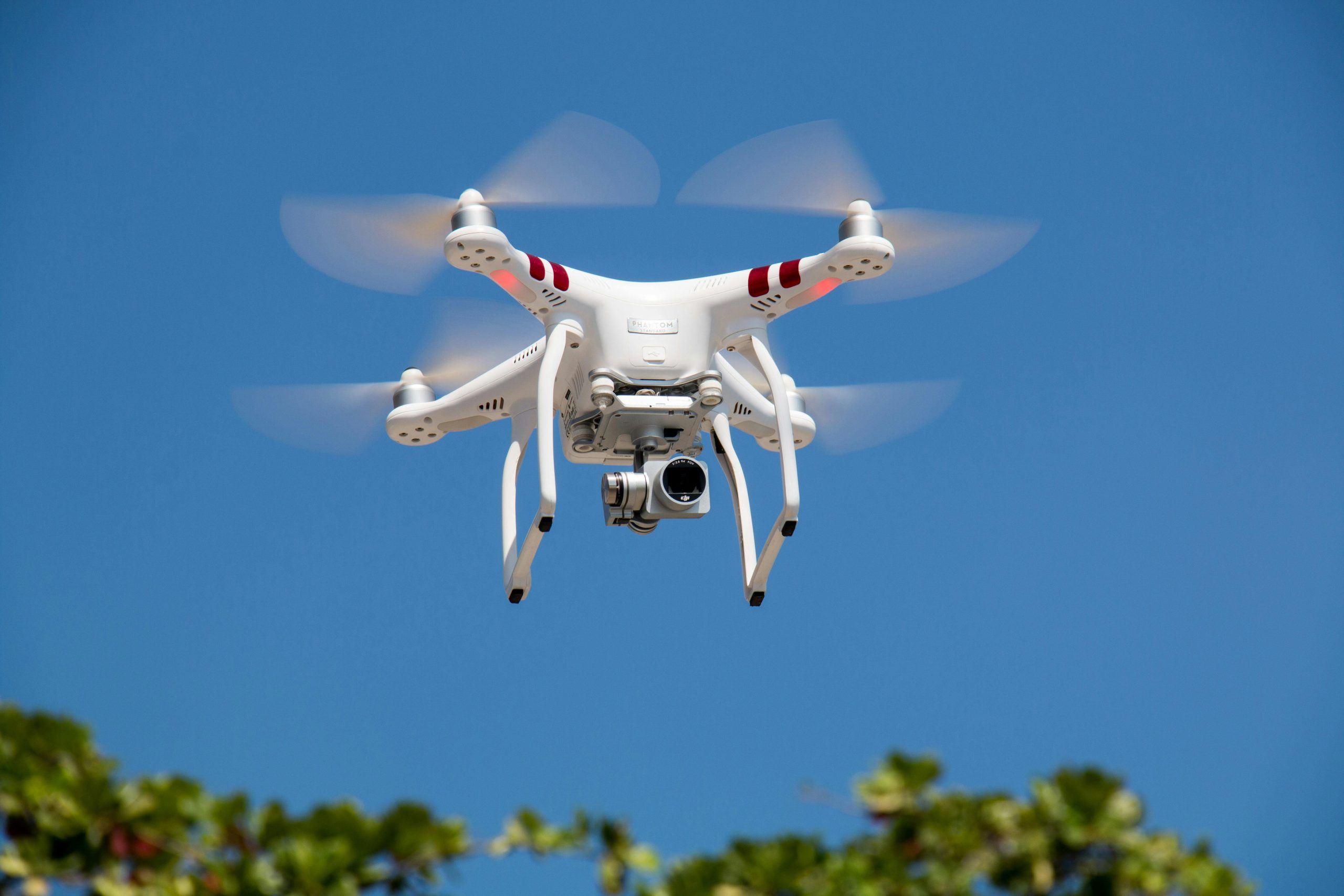Veo 3 prompting correctly to actually get a vertical 9:16 video. What’s the trick?
Mastering Vertical Video Creation with Veo 3: Tips and Tricks for Perfect 9:16 Content
Creating engaging vertical videos is essential for platforms like TikTok, Instagram Reels, and Snapchat. If you’re using Veo 3 and want to generate a true 9:16 aspect ratio video that fits these platforms seamlessly, you might encounter some challenges. In this article, we’ll explore effective prompting strategies to ensure your videos come out correctly oriented and dimensioned, saving you time and resources.
Understanding the Challenge
Many users attempting to produce vertical videos using AI prompts notice that, even when specifying a “vertical” format or a ‘TikTok-like’ style, the resulting footage may appear horizontally oriented or flipped. Sometimes, the AI generates videos in the desired aspect ratio but in a landscape orientation, requiring post-production adjustments. This can be frustrating, especially if you’re conscious of your available credits and want to optimize each attempt.
Effective Prompting for Correct Vertical Orientation
Achieving a genuine 9:16 vertical video with Veo 3 requires precise prompting and some understanding of how the AI interprets instructions. Here are key strategies:
- Explicitly Specify Orientation and Aspect Ratio
When crafting your prompts, clearly state that you want a “vertical video,” “9:16 aspect ratio,” or “portrait orientation.” For example:
“Create a vertical video in 9:16 aspect ratio suitable for TikTok.”
- Include Orientation Descriptors
Use explicit language such as “portrait mode,” “standing orientation,” or “vertical orientation” to guide the AI.
- Mention the Final Display
Describe how the video will be presented, such as “video optimized for mobile viewing” or “full-screen portrait.” This helps the model understand the intended final format.
- Specify the Composition or Subject in a Vertical Layout
If your content involves a person or specific subject, mention that the subject should be centered vertically, filling the frame from top to bottom.
- Post-Generation Adjustments
In some cases, even with optimal prompts, the AI might generate a landscape-oriented video. In such situations, applying a simple rotation or flip after generation (which is usually quick and resource-efficient) can be your best solution.
Practical Tip: Combining Prompting with Post-Processing
If you find that the AI consistently produces horizontal videos despite clear prompts, consider the following workflow














Post Comment